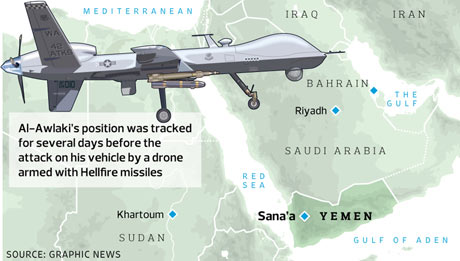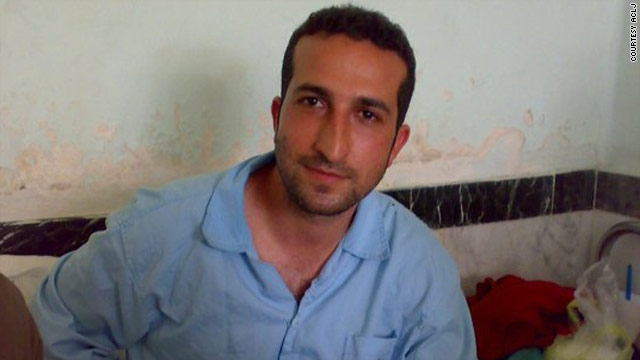By Zach Waksman
Impunity Watch Reporter, Middle East
TUBA-ZANGARIA, Israel – Years of general peace in the northern Israeli region of Galilee were shattered Monday after a mosque in Tuba-Zangaria was set on fire. The attack is the latest in a series of arsons, but it is believed to be the first of its kind to be perpetrated within Israel’s pre-1967 borders.

These actions, referred to as “price tag” attacks, are part of what is believed to be a radical campaign to make local Palestinians or Israeli security forces pay a proverbial “price” for violence against settlers or removing settlements form the West Bank. Police found severe damage to the building’s interior.
“The whole mosque was burnt – the carpet, the books, the Korans, all burnt,” the village imam, Sheik Fuad Zangariya, said in describing the scene to Israel’s Army Radio.
In addition to the scorched interior, graffiti had been spray-painted on the exterior walls. The Hebrew words for “price tag,” “revenge,” and “Palmer” were the primary comments seen. “Palmer” is believed to be a reference to a September 23 incident in which Palestinians threw stones at a car driven by Asher Palmer, a recent settler. One of the stones may have hit him in the head, causing the car to crash and overturn. The 25-year-old Palmer and his year-old son both died in the accident.
Israeli authorities were quick to condemn the attack.
“This is an act which is against the values of the state of Israel, which places supreme importance on freedom of religion and freedom of worship,” said Prime Minister Benjamin Netanyahu.
Monday, Israeli President Shimon Peres paid a visit to the Tuba-Zangaria mosque in an effort to calm tensions after Bedouin protesters set fire to several buildings and scuffled with police. He brought with him a delegation of Jewish, Christian, Muslim and Druze spiritual leaders as part of a show of religious solidarity. Zangariya said that the Bedouin village had always enjoyed friendly relations with neighboring Jewish towns. By Monday night, the New York Times described the atmosphere there as “tense but calm.”
Peres denounced the arsonists as he reviewed the damage.
“I am shocked to the depths of my soul. I am full of shame and disgrace to see what they caused to this mosque, to the holy books in such a manner. We will not accept this, this is not acceptable. There is not one Israeli who is not ashamed,” he said.
Peres was particularly upset by the arson’s timing. It took place during the Ten Days of Atonement between Rosh Hashanah (the Jewish New Year) and Yom Kippur (the Day of Atonement). He said this time period is meant to be one for reflection.
Netanyahu has instructed the Shin Bet security service to locate the perpetrators of these acts and bring them to justice. The organization believes that attacks like these by right-wing extremists could lead to violence in the future. This radicalization, which Shin Bet first noticed in 2004, appears to have been rising and no longer requires an incident to trigger action. The variety of targets has also increased to include defacing military vehicles and the homes of left-wing activists.
But for now, the goal is to minimize the attacks’ effect and control tensions while the investigation into these incidents proceeds. Israel appears to be taking the “price tag” group’s efforts very seriously.
“These acts are so dangerous, and harmful on a national level. They can result in an escalation, and this is the last thing the country needs,” Police Inspector General Yohanan Danino said in September.
Shin Bet believes that most settlers oppose these actions, which it suspects are being carried out by a few dozen individuals.
For more information, please see:
Ha’aretz — Israel Police on High Alert as Clashes Ensue Following Mosque Arson — 04 October 2011
Ma’an News Agency — Israel’s Peres Condemns Mosque Burning — 04 October 2011
Arutz Sheva — Arson in Galilee Mosque — 03 October 2011
BBC — Mosque in Northern Israel in “Price Tag” Arson Attack — 03 October 2011
Ha’aretz — Peres: Galilee Mosque Arson Shameful for the State of Israel — 03 October 2011
Jerusalem Post — Mosque Set Alight in Suspected “Price Tag” Attack — 03 October 2011
New York Times — Mosque Set on Fire in Northern Israel — 03 October 2011


